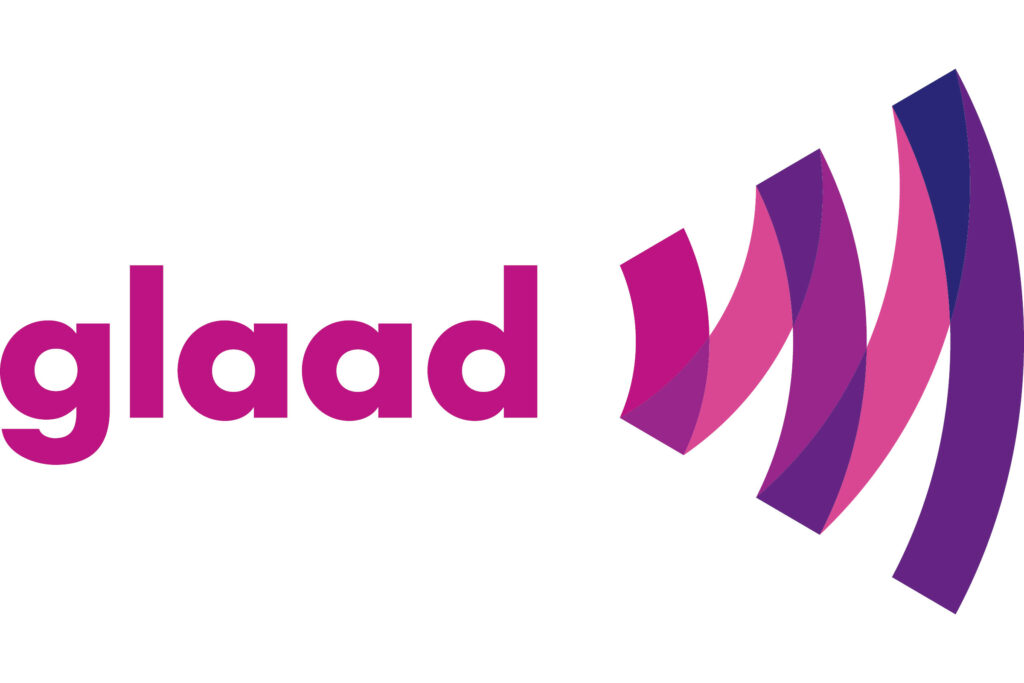Prototypes: The Gender and Racial Biases That Are Too Obvious To Notice
In less than one second, we effortlessly and automatically categorize a person according to gender and race. It’s useful to group together things that share characteristics into categories. This allows us to talk about “birds” rather than just “robins and sparrows and those kinds of things”. But the problem is that we also have strong, …
Prototypes: The Gender and Racial Biases That Are Too Obvious To Notice Read More »



















